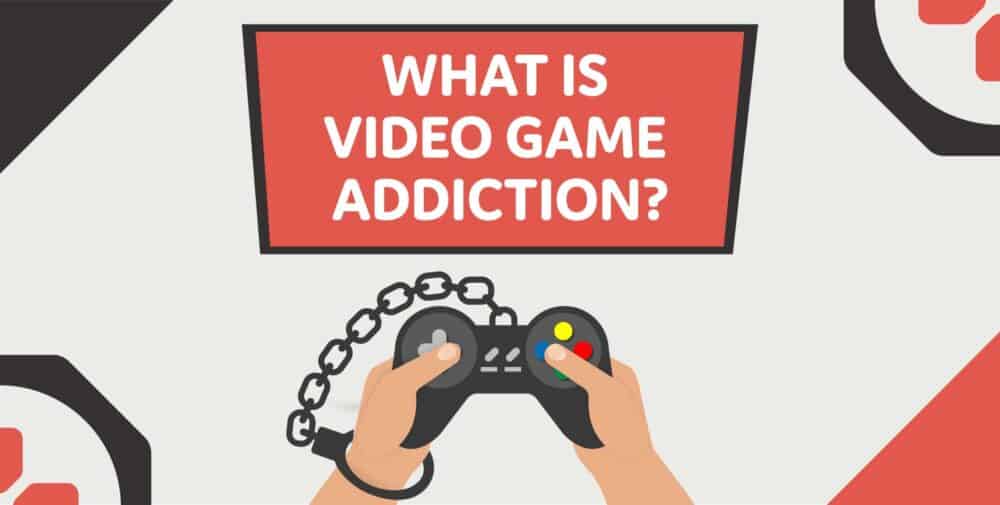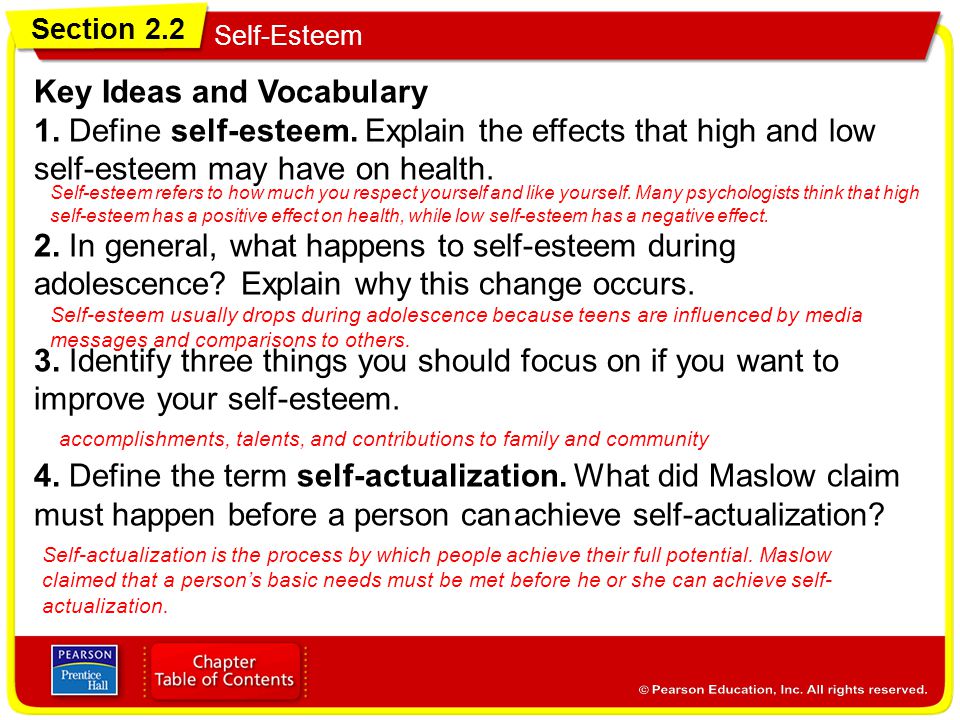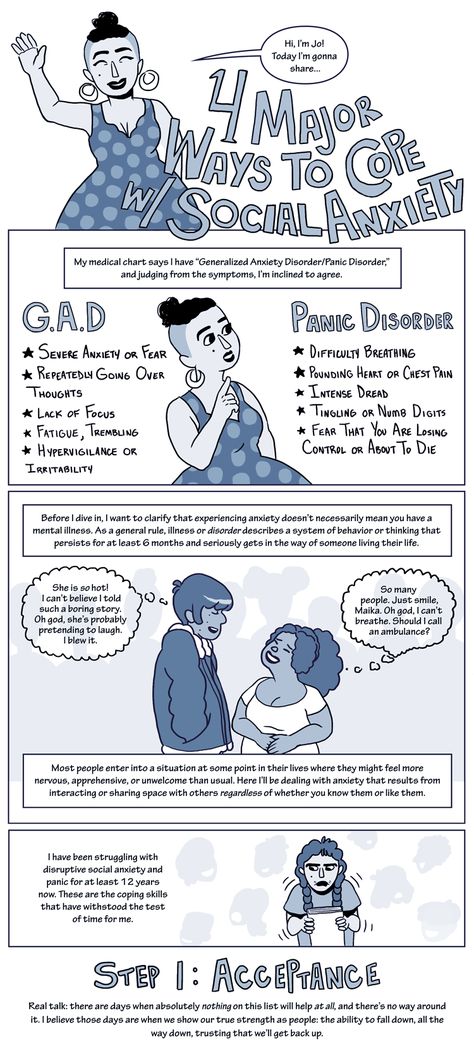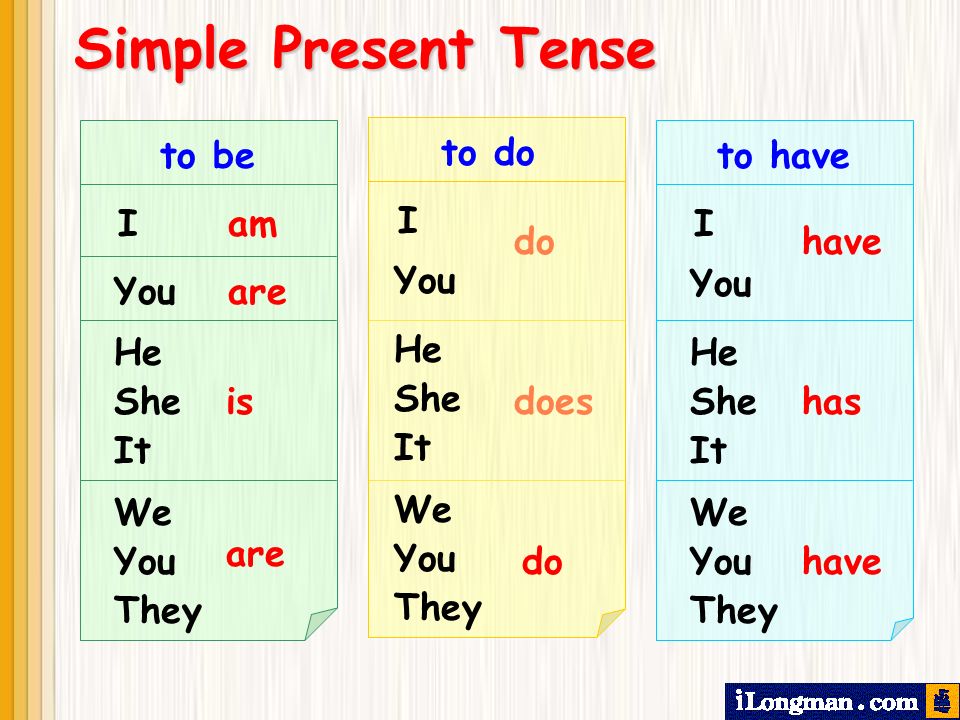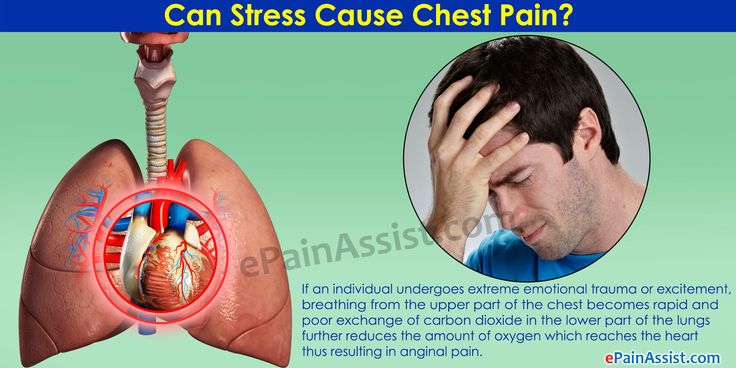Help for video game addiction
Video Game Addiction Symptoms and Treatment
Video games have captured the imagination of Americans since the 1970s, with the introduction of very simple games. Although the graphic features of these basic programs were primitive compared to today’s complex, multifaceted games, many children, teens, and adults quickly became enthralled with this new pastime. It soon became apparent that video games had the potential to consume a large amount of time as the players tried repeatedly to win. Today, video game addiction has been recognized as a process addiction similar to compulsive gambling, in which the rush of winning becomes one of the primary motivations for playing.
In the early days of video games, most games were available only on arcade machines, which were not accessible 24 hours a day. These days, games are one of the most popular features of social network sites, and they can be played almost continuously on handheld game devices, personal computers, or smart phones.
Video games have become much more elaborate, with rich alternate worlds, multiple characters, and complicated storylines. Introverted children or teens may find that they can avoid interacting with “real” peers by engaging primarily with other online players, in the guise of characters with awe-inspiring gifts and powers.
Table of Contents:
- When Gaming Becomes an Addiction
- Popular Beliefs About Video Games
- Health Risks and Concerns
- Seeking Help and Treatment
When Gaming Becomes an Addiction
Not all researchers agree that video gaming is a harmful or addictive activity. Many people, including parents, believe that video games expand the imagination, give children the opportunity to work collaboratively, and sharpen cognitive skills. Yet when young people spend most of their time playing video games at the expense of schoolwork, physical exercise, family events, or social activities, the benefits of gaming seem less certain.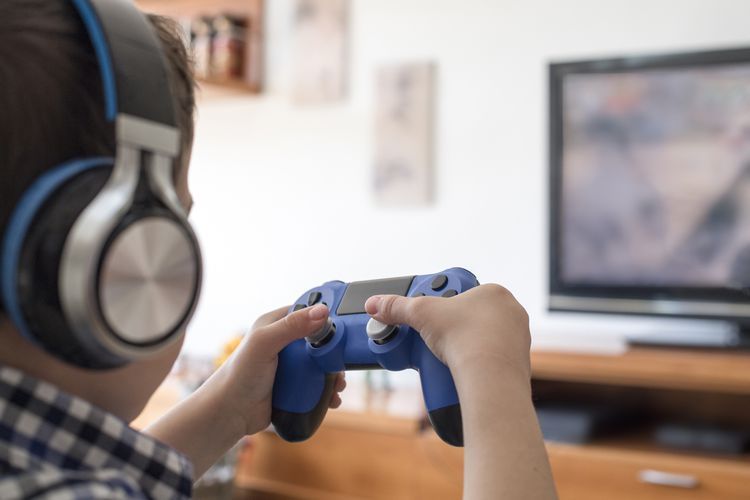
There is some controversy over whether video gaming is an addiction comparable to gambling, drug abuse, or alcoholism.
Psychology Today states that the comparison between video gaming and gambling is flawed, because there are no financial stakes or material losses involved with video games. Winning a video game requires cognitive skills and sharp reflexes, while winning at gambling is a matter of luck.
The source of the addictive quality of gaming is still unknown, but researchers propose that the process of playing and winning these games may trigger a release of dopamine, a brain chemical that elevates mood and provides a rush of energy. Dopamine is the same neurotransmitter involved in other addictive activities, such as alcohol or drug abuse.
Video game addiction is not currently recognized as an addictive disorder in the Diagnostic and Statistical Manual of Mental Disorders, the definitive guide to psychiatric illness. But an obsessive preoccupation with games at the expense of real-life activities or obligations shares some of the characteristics of addictive behavior.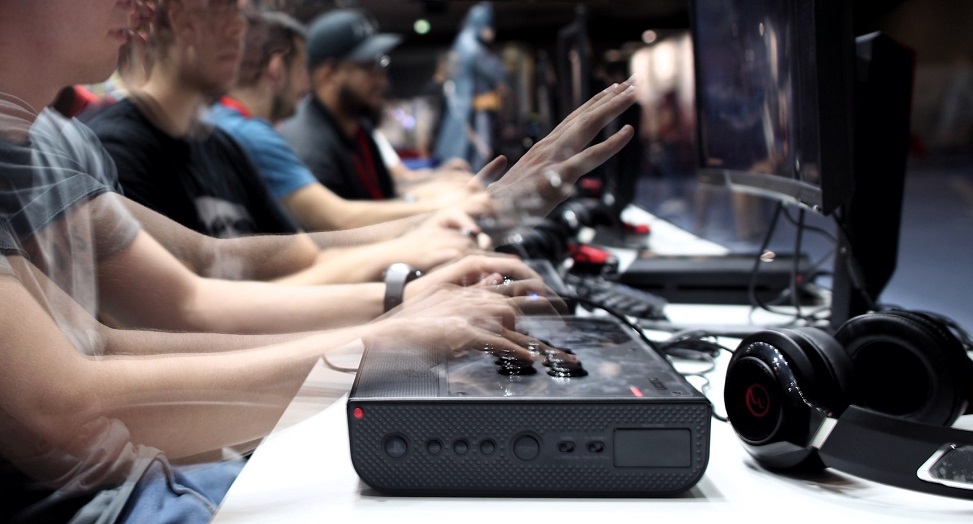 How can a parent tell when gaming has stopped being simple entertainment and become an addiction? Here are a few of the key warning signs to watch for:
How can a parent tell when gaming has stopped being simple entertainment and become an addiction? Here are a few of the key warning signs to watch for:
- Poor performance at school, work, or household responsibilities as a result of a preoccupation with gaming
- Neglect of other hobbies or friendships
- A decline in personal hygiene or grooming
- Inability to set limits on how much time is spent gaming
- Signs of irritability, anxiety, or anger when forced to stop gaming, even for brief periods of time
- The need to spend more time playing games or to play more intensely in order to get the same level of enjoyment
- Symptoms of physical or psychological withdrawal, such as loss of appetite, sleeplessness, agitation, or emotional outbursts if the game is taken away
- Using video games as a way to escape stressful situations at work or school, or conflicts at home
Children and teenagers aren’t the only ones who can be vulnerable to video game addiction. Adults may also play video games for hours instead of engaging in work activities, pursuing hobbies, or devoting time to their partners or children. When adults are no longer able to control the amount of time they spend on video games, or when their jobs or relationships begin to suffer as a result of video gaming, they may have crossed the line from recreation to addiction.
Adults may also play video games for hours instead of engaging in work activities, pursuing hobbies, or devoting time to their partners or children. When adults are no longer able to control the amount of time they spend on video games, or when their jobs or relationships begin to suffer as a result of video gaming, they may have crossed the line from recreation to addiction.
Popular Beliefs About Video Games
There are many misguided beliefs and misconceptions about video games. In some schools of thought, these computerized programs are entirely negative, promoting violence, sexism, and social isolation among young people. Other perspectives hold that video games can be a valuable tool for education and character development, allowing children to simulate the roles of powerful heroes. In reality, video games have both positive and negative characteristics, and the effect of playing games often depends on the player’s attitudes toward games and life in general.
Parenting Science proposes that the compelling quality of video games may not be due to an addictive response, but to a psychological phenomenon called “flow. ” Flow takes place when individuals become so immersed in an activity that they lose track of time. Any engaging activity — even work or school projects — can induce a sense of flow once a person is caught up in the process. While there is nothing necessarily wrong with being immersed in an engaging, educational game, this process can turn into a compulsion if the user is unable to stop, and if it takes time away from other important activities or relationships.
” Flow takes place when individuals become so immersed in an activity that they lose track of time. Any engaging activity — even work or school projects — can induce a sense of flow once a person is caught up in the process. While there is nothing necessarily wrong with being immersed in an engaging, educational game, this process can turn into a compulsion if the user is unable to stop, and if it takes time away from other important activities or relationships.
Health Risks and Concerns
Compulsive video gaming can have negative effects on a developing mind or body. Adult players, too, may suffer from the effects of hours spent sitting on the couch or at a computer desk. Listed below are a few of the key concerns for younger players:
- Sedentary lifestyle: Hours spent sitting at a computer or in front of a device can take a toll on a young person’s body. The lack of physical exercise involved in video gaming has led to public health concerns about weight gain, poor posture, and an increased risk of type 2 diabetes in America’s children and teens.
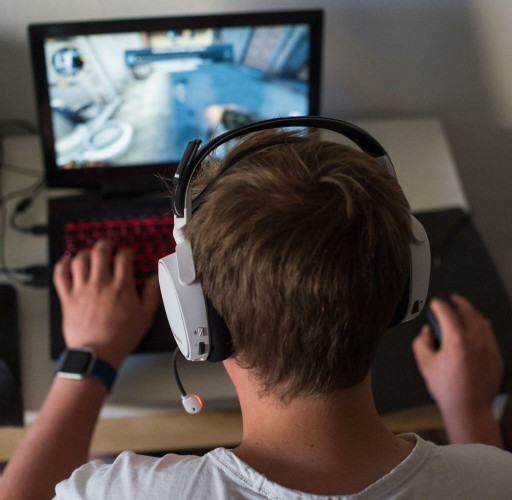
- Lack of social engagement: Although video games require engaging with others in computerized environments, they don’t necessarily prepare children for the realities of socializing with their peers. Learning how to interact with others in a real-world setting is an important social skill that may be neglected by individuals who spend too much time gaming.
- Problems with concentration and attention: There is some concern that the rapid movements and fast-paced action of video games promote a loss of concentration in players. Children who spend a lot of time playing video games may become less interested in reading books, for example, which requires more focused, prolonged attention.
- Avoidance of developmental tasks: Adolescence is a time of self-discovery and personal development. In order to become mature adults who can take on the challenges of life, teenagers must learn how to confront painful emotions and awkward social experiences.
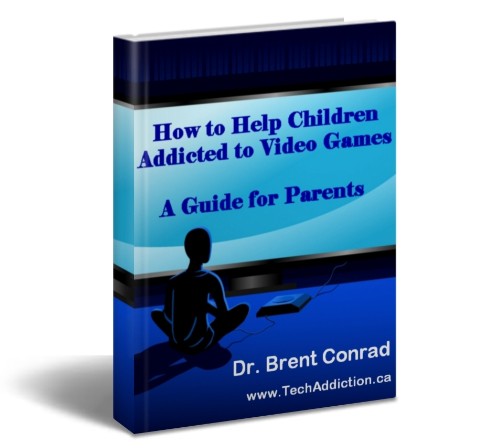 When used appropriately, fantasy roleplaying video games can help children learn and apply valuable character traits that may help them in their interactions with others. But when video gaming is used as an escape mechanism, it allows children to avoid the developmental challenges of growing up.
When used appropriately, fantasy roleplaying video games can help children learn and apply valuable character traits that may help them in their interactions with others. But when video gaming is used as an escape mechanism, it allows children to avoid the developmental challenges of growing up. - Increased aggression or violence: Children and teens who devote a lot of time to playing video games that focus on combat, fighting, or violence may display more signs of aggression than those who don’t play these games. Parents must be aware of the content of video games, which are subject to a rating system similar to the one applied to films. The Entertainment Software Rating Board (ESRB) posts guidelines and ratings for popular games based on the age of the player, as well as educational resources for parents and parental game controls.
- Seizures and repetitive stress injuries: The British Medical Journal (BMJ) published an article about the risks of video gaming for players who have epilepsy or other seizure disorders.
 The flickering graphics, lights, and colors of video game displays may trigger seizure activity in some players. There is also evidence that compulsive game playing may lead to repetitive stress injuries of the wrists or hands.
The flickering graphics, lights, and colors of video game displays may trigger seizure activity in some players. There is also evidence that compulsive game playing may lead to repetitive stress injuries of the wrists or hands.
Seeking Help and Treatment
Video games have had a tremendous impact — both positive and negative — on the cultural attitudes, psychological development, and lifestyle choices of both children and adults. While these games can be viewed as a risk to players’ physical or emotional health, they have also been promoted as effective educational tools and have even been used for physical or cognitive rehabilitation in clinical settings. Yet for individuals who have become caught in a cycle of compulsive gaming, video games can become destructive.The growing popularity of video games has created a new awareness of the problem of compulsive gaming, which in turn has led to the development of treatment programs for this addictive process. Treatment for video game addiction focuses on behavioral modification therapies, such as Cognitive Behavioral Therapy (CBT), that guide the client away from the obsessive thought patterns and obsessive habits of addiction.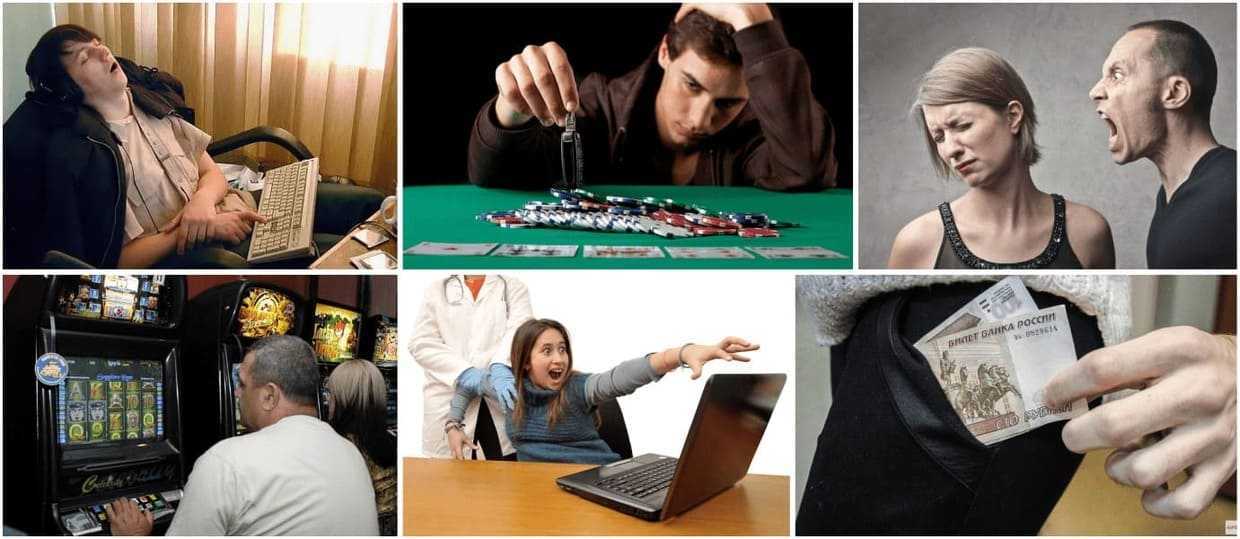 Group therapy is a valuable source of motivation and moral support, especially for individuals who have lost contact with friends or peers as a result of their game addiction. Family or marriage counseling can help educate loved ones about the disorder and create a more stable home environment.
Group therapy is a valuable source of motivation and moral support, especially for individuals who have lost contact with friends or peers as a result of their game addiction. Family or marriage counseling can help educate loved ones about the disorder and create a more stable home environment.
Clients who are diagnosed with co-occurring depression, anxiety, bipolar disorder, or other psychiatric conditions may require medication therapy with antidepressants or anti-anxiety drugs. If substance abuse is a factor, the client will need medical detox followed by specialized treatment for drug or alcohol abuse.
Depending on the severity of the addictive behavior and the co-occurrence of other medical or psychiatric conditions, video game addiction may be treated on an inpatient or outpatient basis. Inpatient facilities offer 24-hour supervision in a supportive, structured environment, which may be beneficial for individuals who haven’t been able to control their video game use. Outpatient treatment, which includes intensive outpatient programs and partial hospitalization programs (PHPs), offers more flexibility for individuals who cannot enroll in inpatient treatment due to personal responsibilities or who are very motivated to recover from addictive behavior.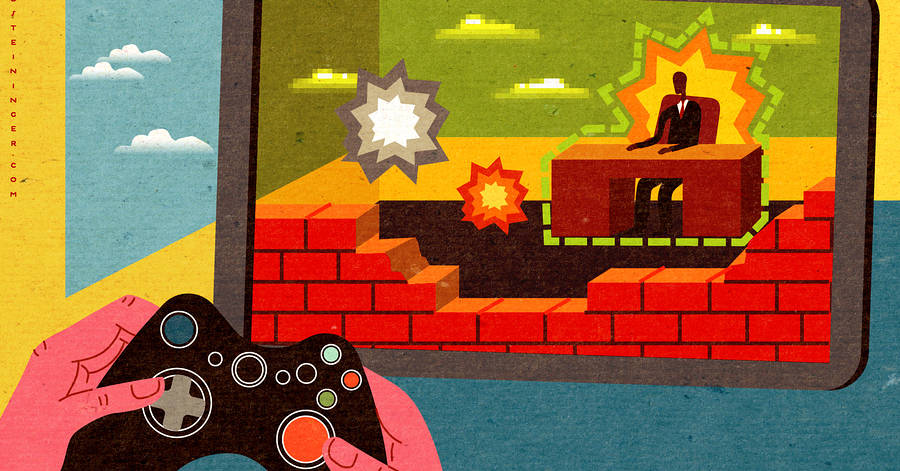
Not Ready to Talk?
If you aren’t ready to talk, but want more information about addiction, you can sign up for Personalized Text Support.
Receive 24/7 text support right away and at your convenience. There is no obligation to enter treatment and you can opt-out at any time.
Finding Help
Compared to other addictive disorders, video game addiction may not seem very serious; however, the parents, partners, and children of people addicted to video games can testify to the negative effects of this behavior.
Like other potentially positive activities, video games have their place in a healthy, well-rounded life, but when gaming begins to take precedence over school, work, or relationships, the individual needs professional help. While American Addiction Centers does not treat video game addictions, treatment programs are now available all over the country that address this new disorder and offer hope to people seeking freedom from compulsive gaming.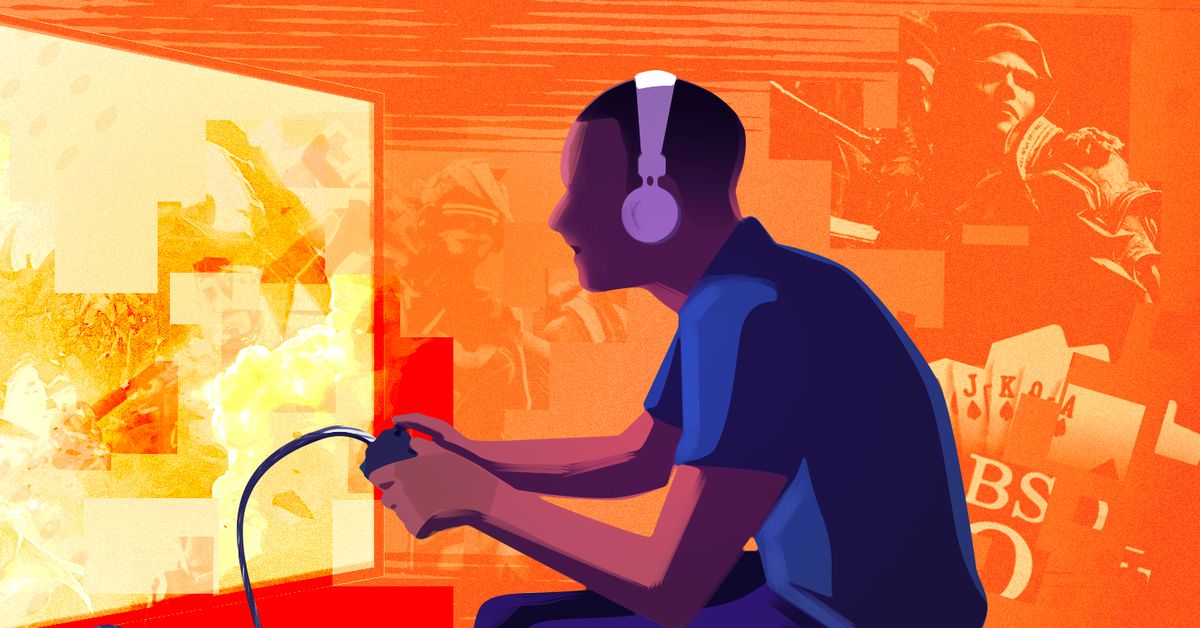
Last Updated on Sep 7, 2022
Video Game Addiction Treatment Program Options
As with gambling addiction, video game addiction is a clinical impulse control disorder. According to psychiatrist Michael Brody, MD, the criteria for video game addiction is the same as that for addiction to a substance. In both cases, the person requires more of the source as time goes on and becomes irritable and despondent when they cannot access it. In fact, video game addicts can even experience withdrawal symptoms.
Another clue that a person is addicted to video games, according to researchers at Kansas State University, is that they may play video games to alter their mood.
While the harm in addictions to substances is apparent in physical symptoms, it is often less clear with video game addiction. However, video game addiction can negatively affect a life in the same way a substance addiction can. Those who play for hours each day become withdrawn and isolated, foregoing work, school and other responsibilities to play.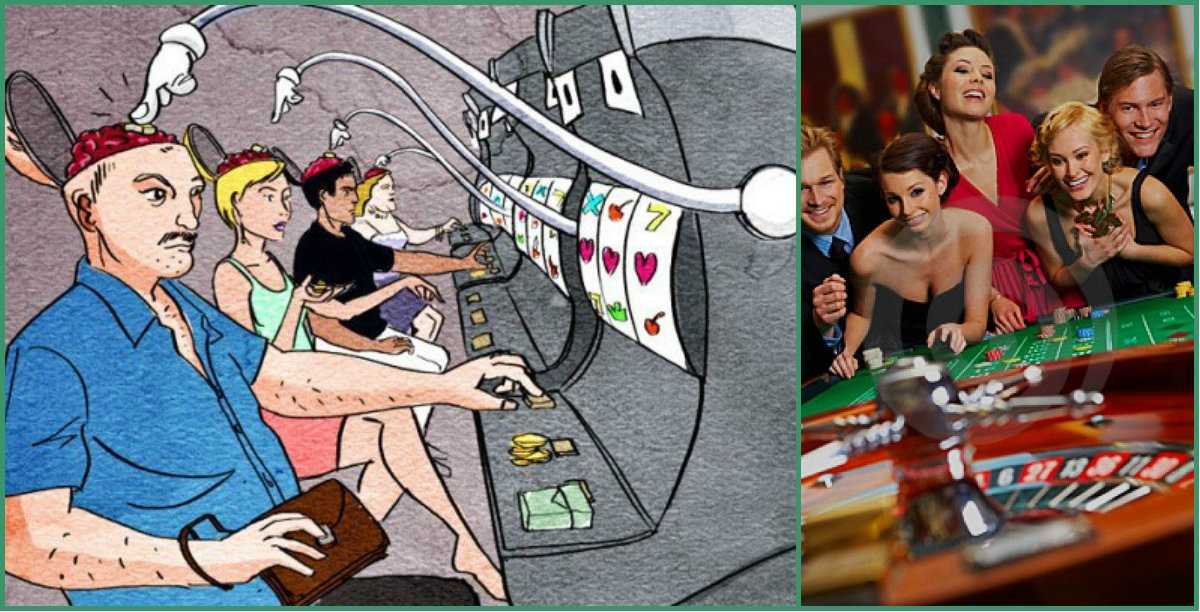 Younger addicts often miss out on critical education and important social development, while adults tend to experience deteriorating relationships and problems with their employers.
Younger addicts often miss out on critical education and important social development, while adults tend to experience deteriorating relationships and problems with their employers.
The physical effects of video game addiction include poor personal hygiene, hormonal disturbances from sleep deprivation, and what the American Physical Therapy Association refers to as video gamer’s thumb, a repetitive use injury characterized by tendonitis and swelling. Many addicted gamers gain weight as a result of their sedentary lifestyles and tendency to reach for high-calorie processed foods and beverages.
Some experts warn that excessive gaming can even be fatal. A tech-addiction expert in Seattle said she has known of people who have died from heart attacks and blood clots, both results of the unhealthy lifestyle many extreme gamers live.
The warning signs of video game addiction include:
- Gaming to escape difficult life situations
- Playing for longer periods as time goes on
- Skipping showers and meals to play
- Poor performance at work or school
- Lying to others to hide gaming activities
- Exhibiting signs of irritation when forced to stop gaming
Although the American Psychological Association has not yet classified video game addiction as a mental illness, many experts contend that the signs and symptoms of the problem are similar to those of compulsive disorders such as gambling and sex addiction.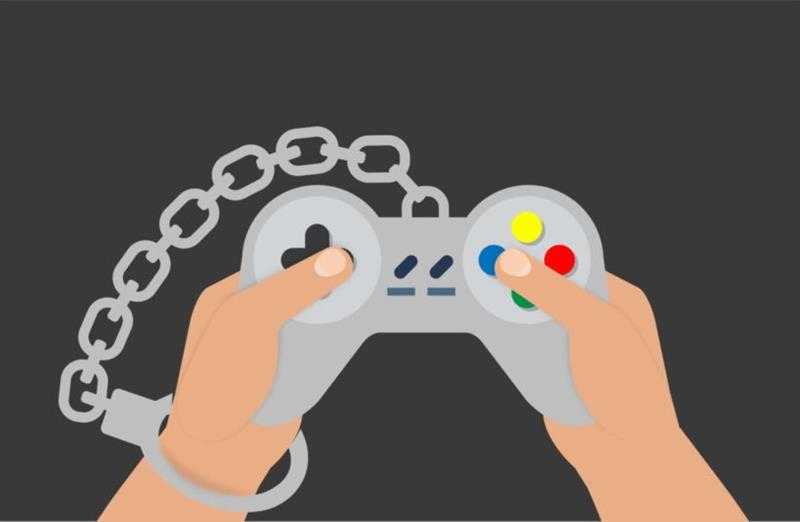
If you or someone you care about needs help dealing with a video game addiction, call us at today.
What Causes Video Game Addictions?
Researchers are not certain what causes video game addiction; however, some experts believe that elevated dopamine levels contribute heavily to the problem. The neurotransmitter dopamine works in the brain’s reward center. It is released during activities most people find pleasurable, including eating and consuming certain drugs.
Therapists view all addictions as functioning essentially the same way. In the case of non-substance addictions, such as those to sex, gambling and gaming, the behavior takes the place of a substance. The action of playing generates a feeling of pleasure, which ensures the addict will repeat the action as often as possible.
In a report published by CBC News in April 2013, a gaming addiction expert said those with certain personality disorders or disabilities are at greater risk than others. She noted that people who suffer from attention deficit hyperactivity disorder and Asperger’s are particularly susceptible to gaming addiction.
Those who study video game addiction also believe that the problem has a psychological component. They contend that compulsive gamers retreat to a fantasy world to escape their real-life troubles and unpleasant emotions. According to a recent report, 41 percent of those who play online video games indicated they game to escape from reality.
Staff at treatment centers designed to help video game addicts understand the underlying causes of the problem and are equipped to help. Call us at to learn how we can help you or your loved one overcome this addiction.
Is There a Cure for Video Game Addiction?
Treatment for video game addiction is similar to that for other addictions. Counseling and behavior modification are the primary means of treating addicted gamers. Together, individual and family counseling are powerful treatment tools. Some treatment facilities incorporate medication in their programs.
However, unlike drugs or alcohol, video games are tied to computers, which are a key part of life for most people.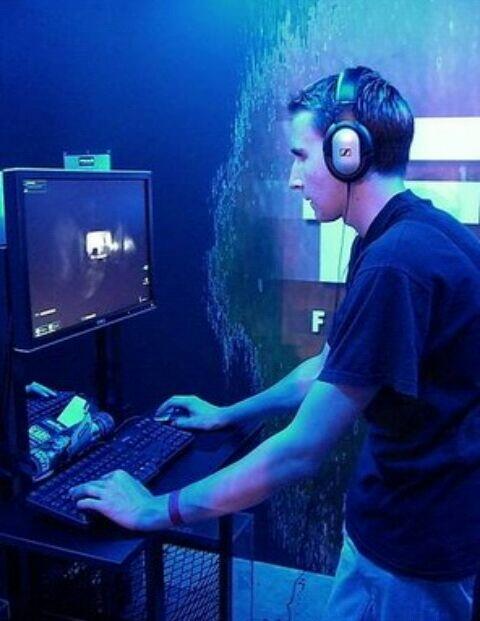 In that way, the addiction is similar to a food addiction. As a result, some treatment centers explore controlled use rather than abstinence.
In that way, the addiction is similar to a food addiction. As a result, some treatment centers explore controlled use rather than abstinence.
No overall cure for video game addiction exists. As with alcoholism and drug addiction, the key is to enter treatment and to stay aware of triggers while continuing to participate in recovery groups, such as Online Gamers Anonymous.
Therapies for Video Game Addicts
Research on treatment for video game addiction is ongoing, but few clinical trials have been conducted in relation to the problem. Experts agree that the same treatments used for sufferers of other addictions appear to work for video game addicts. As a result, they generally recommend counseling and psychotherapy, cognitive behavioral therapy, 12-step programs and medication, either individually or in combination with other treatment methods.
One-on-one counseling and family counseling are both effective in treating a gaming addict. Psychotherapists attempt to help the addict understand how gaming is related to their school or job, emotions and moods, and sense of life goals and rewards.
Where 12-step programs are concerned, the primary resource available is Online Gamers Anonymous, a non-profit organization founded in 2002.
Cognitive Behavioral Therapy Treatment
Many experts recommend cognitive behavioral therapy as the ideal treatment for video game addiction. The therapy allows the addict to shift their thoughts, replacing those that lead to compulsive gaming with healthier thinking patterns. As its name implies, cognitive behavioral therapy allows a person to modify their thoughts, feelings and ultimately behavior for the better.
Therapists consider addiction a belief or way of thinking that leads to irrational, often unhealthy behaviors. They start treatment by identifying and focusing on the thoughts that start the chain of addiction and help the addict begin their transition from there.
Cognitive behavioral therapy techniques include setting goals and then learning to overcome the thinking that sparks compulsive gaming.
Other Therapeutic Methods
Wilderness therapy is an alternative treatment for video game addiction. Proponents of the method contend that by removing the addict from the source of the addiction, the therapy offers the best chance of recovering. They also believe that placing addicts in a natural environment, free of the trappings and distractions of modern life, allows them to learn to be comfortable with their own emotions.
Proponents of the method contend that by removing the addict from the source of the addiction, the therapy offers the best chance of recovering. They also believe that placing addicts in a natural environment, free of the trappings and distractions of modern life, allows them to learn to be comfortable with their own emotions.
Residential Inpatient Gaming Addiction Treatment Centers
Inpatient treatment for addicted gamers is best for those who need to leave their environment altogether for a time in order to heal. Such treatment centers offer group therapy, individual counseling and a game-free atmosphere.
Some inpatient facilities offer private rooms, while some offer dorm-like accommodations. All these programs are designed to make the patient feel safe, comfortable and supported as they embark on a healing journey.
Once an addict has allowed their life opportunities to diminish by withdrawing entirely into the addiction, they have few options for overcoming the dependency on their own.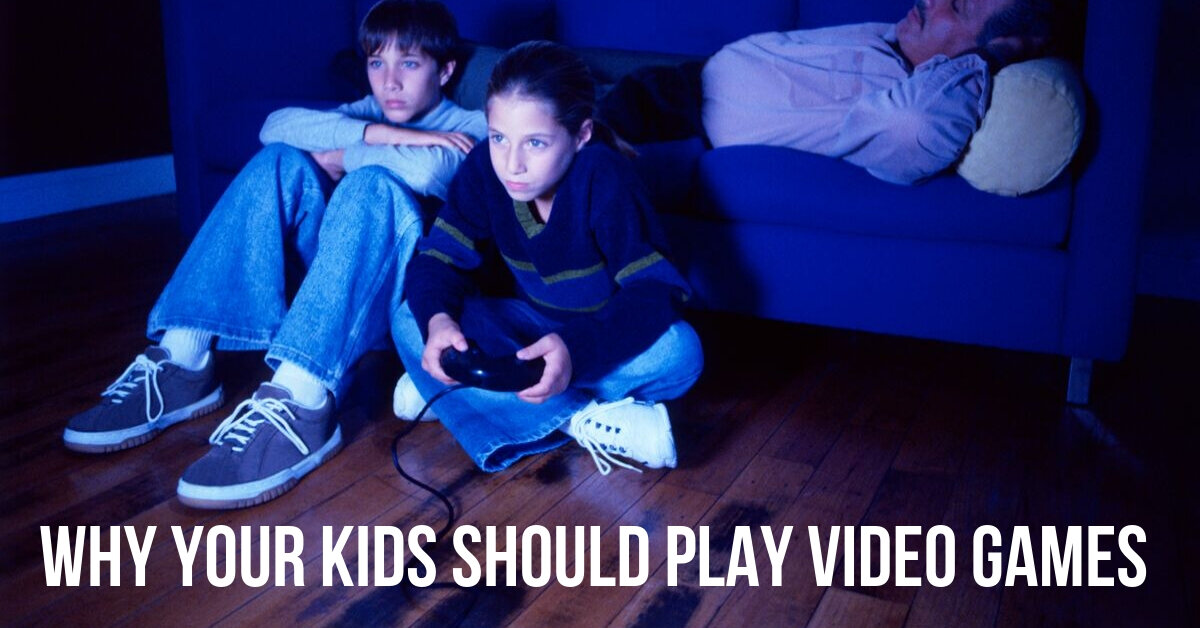 This is where inpatient treatment facilities are a tremendous help. They help patients relearn healthy coping skills in a contained environment.
This is where inpatient treatment facilities are a tremendous help. They help patients relearn healthy coping skills in a contained environment.
For help in selecting a treatment center, call . We are available 24/7 to help you find the facility you need.
The Benefits of Residential Video Game Addiction Treatments
Residential, or inpatient, video game treatment centers offer the patient ample time to recover from the addiction. Some people only require a 30-day stay, while others benefit from a minimum of 60 days at such a center.
In addition, residential treatment centers protect each patient’s privacy while helping them to become equipped for an addiction-free life. Many centers offer flexible payment plans, while most accept insurance.
Luxury Video Game Addiction Facilities
If you are interested in an inpatient treatment center with amenities, you can find what you want at a luxury video game addiction facility. Such centers offer everything from massage therapy to gourmet meals. Many find that the luxuries offered at these facilities make recovery more comfortable, ensuring the individual stays in treatment for longer.
Many find that the luxuries offered at these facilities make recovery more comfortable, ensuring the individual stays in treatment for longer.
Executive Video Game Addiction Programs
Those who have hesitated to seek treatment for their gaming addictions owing to responsibilities at work might be good candidates for executive video game addiction programs. These inpatient centers offer limited access to computers and mobile phones to permit business executives to stay in touch with the office while undergoing treatment.
Outpatient Video Game Rehab and Treatment Programs
Outpatient video game rehabilitation programs share many of the traits of inpatient programs, minus the overnight accommodations. Outpatient programs offer significantly more freedom for the patient, who, at the end of each session, is allowed to return home. Such a structure permits patients to maintain commitments to work, school, friends and family. Another benefit of an outpatient program is that the patient can enjoy a support network without needing to reveal to coworkers or fellow students that they are undergoing treatment for an addiction.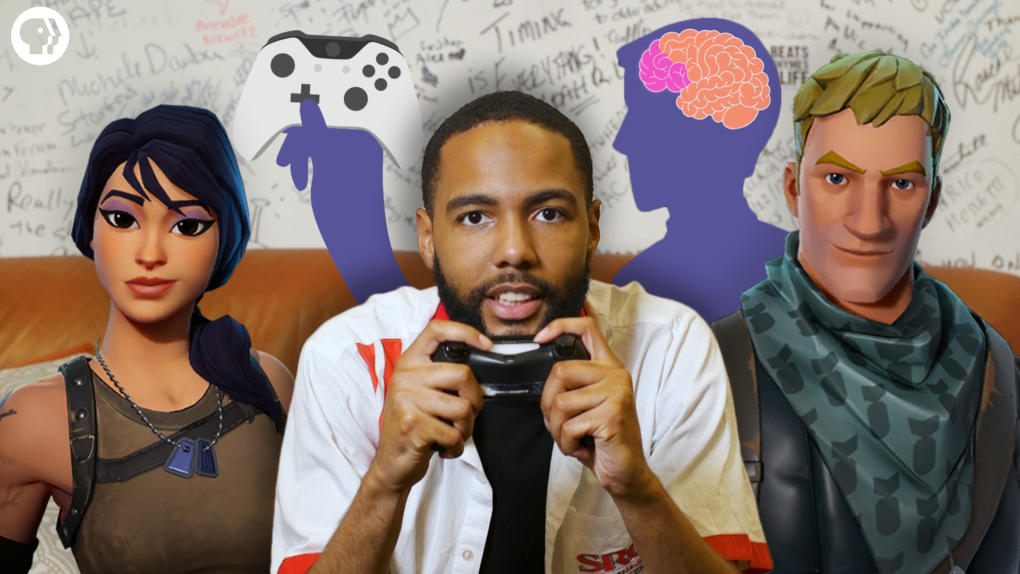
Prescription and Over-the-Counter Medications
Although clinical trials are in the early stages, there is some indication that certain medications help video game addicts by altering their brain chemistry to reduce the urge to play. Buproprion, in particular, has appeared to offer help to some addicts by inhibiting norepinephrine and dopamine reuptake. A six-week trial showed that those taking the drug experienced fewer cravings to play.
Many video game addicts appear to suffer from undiagnosed depression and anxiety disorders as well. Once they receive help, often in the form of medication, for one problem, they have a better chance of overcoming their gaming addictions as well.
How to Find the Best Video Game Addiction Treatment Facility
Recent developments within the psychiatric field may mean more treatment options for addicted gamers in the near future. In May 2013, the Diagnostic and Statistical Manual of Mental Disorders, the official guide for those in the mental health field, included a recommendation to continue studying Internet-use disorder, which encompasses video game addiction.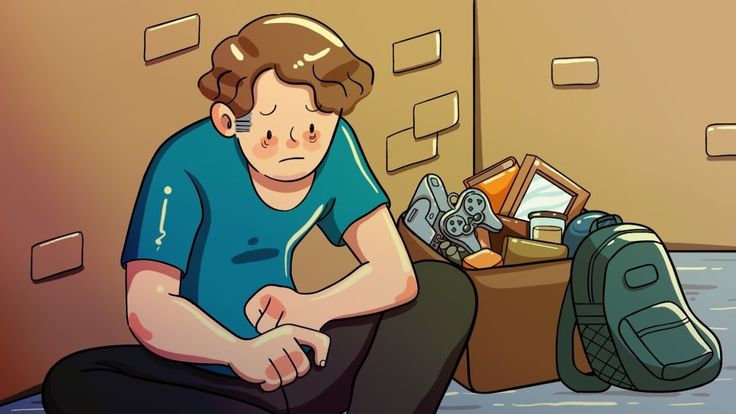 The recommendation adds legitimacy to claims that video game addiction is a bona fide disorder that requires treatment. That recommendation combined with an increasing number of available statistics, such as that nearly one in every 10 gamers ages 8 to 18 is addicted to playing, should result in more options for those finding help in treating video gaming addiction.
The recommendation adds legitimacy to claims that video game addiction is a bona fide disorder that requires treatment. That recommendation combined with an increasing number of available statistics, such as that nearly one in every 10 gamers ages 8 to 18 is addicted to playing, should result in more options for those finding help in treating video gaming addiction.
If you are looking for a video game addiction treatment facility, we can help. Call to discuss treatment options.
Gambling addiction, its causes, stages, symptoms and treatment
Gambling addiction today has acquired the scale of a real epidemic, and this is observed not only among children and adolescents, but also among adults. The average teenager spends up to six hours a day at the computer. Approximately 70% of children are addicted to games like "Game of Ware" - with plots of violence and cruelty. Killing them is the main element and goal of the game. Addicts begin to confuse real reality with virtual reality.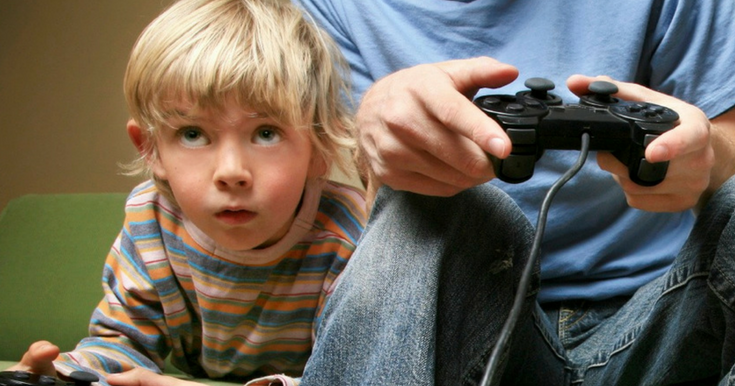
Such a mania is considered to be the result of significant psychological pathologies. With the help of computer games , people try to get away from life situations that worry them or to replace a certain missing element: the attention of relatives, the absence of a loved one, social status.
Causes
Possible causes of gambling addiction are considered to be:
- Various mental disorders (psychopathy).
- Features of the human character, complexes, shyness, often lead to the emergence of addictions of this kind.
- Many people use games to realize their childhood fantasies and fears.
- Lack of communication. A similar problem is very relevant among children and adolescents whose parents are constantly busy at work.
- Intra-family conflicts. Often, in order to avoid family scandals, people plunge into an imaginary world, which only exacerbates the situation.
- Social phobias, when a person is afraid of interpersonal relationships and real society.
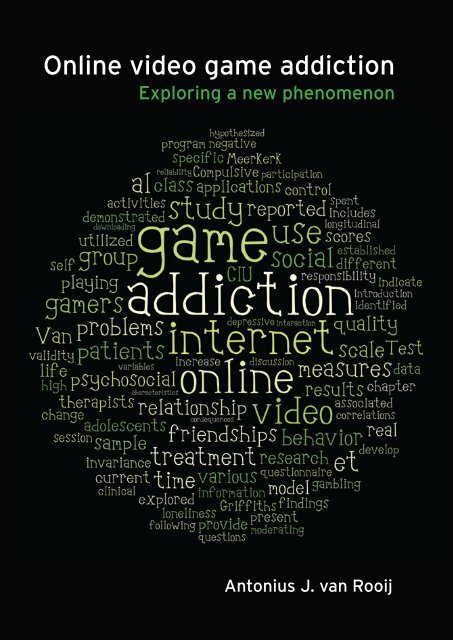 Computer games help him escape from real life, feel important and strong. The computer for him becomes an interlocutor and friend.
Computer games help him escape from real life, feel important and strong. The computer for him becomes an interlocutor and friend.
Stages of gambling addiction
Gaming addiction does not occur all at once , there are several stages in its development, each of which is characterized by certain signs and changes in the behavior of the addict. Each stage is characterized by the acquisition of new pathological addictions.
Preparatory stage ,
which develops increased susceptibility to games. Personality traits such as low self-esteem, inability to control one's emotions, lack of desire to accept criticism, aggression, impulsivity and hyperactivity, increased levels of anxiety, depression and stress, a tendency to plunge into a fantasy world, contribute to the development of gambling addiction in adults and children. And this applies not only to computer games. At the same time, a person develops an irresistible desire to take risks and maintain his self-esteem .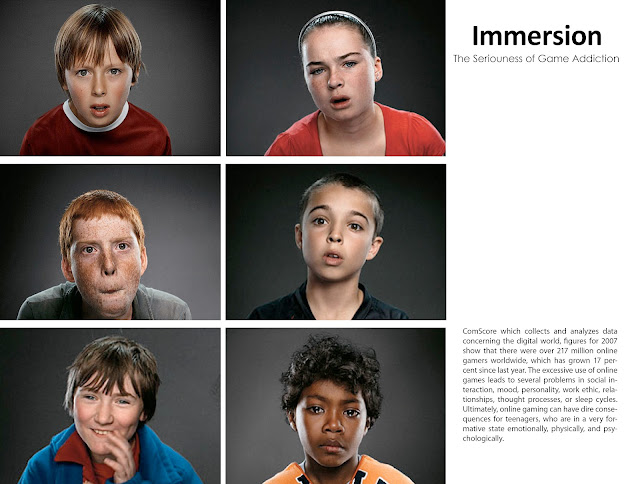 Gradually, an unconscious craving for a certain type of games develops. If such a psychological state is not noticed and corrected, then the disease passes to the next stage.
Gradually, an unconscious craving for a certain type of games develops. If such a psychological state is not noticed and corrected, then the disease passes to the next stage.
Winning stage ,
at which the perception of the game is formed in the human mind as a way to realize oneself, and sometimes to get material benefits. The mind begins to fog up, and even a small win greatly spurs interest. An illusion is created that a person creates his own destiny, while being able to prove his superiority to others. At this stage the person is unable to understand the consequences of his actions . Dissatisfaction and criticism from relatives can be perceived very negatively, as a desire to question the self-realization and success of the player.
Losing stage ,
when gamers find themselves in a closed cycle of certain events. Their desire to play is not always supported by the presence of material opportunities.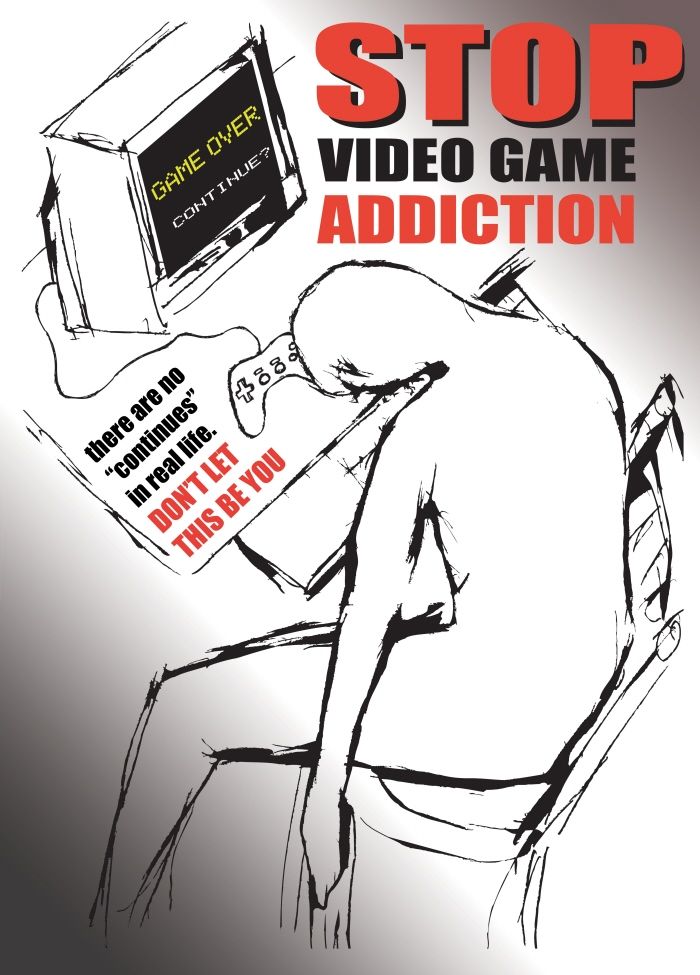 They spend all available money and even tend to borrow money . After a chain of losses for a while, their desire to play disappears and an imaginary understanding of their mistakes sets in. However, if there are some provoking factors (for example, advertising or material opportunities that have appeared), a person again follows his desire, and history repeats itself. The interval between cycles is shorter, the more advanced the disease. Difficult financial situation and constant losses increase the level of anxiety, the player becomes angry and irritable .
They spend all available money and even tend to borrow money . After a chain of losses for a while, their desire to play disappears and an imaginary understanding of their mistakes sets in. However, if there are some provoking factors (for example, advertising or material opportunities that have appeared), a person again follows his desire, and history repeats itself. The interval between cycles is shorter, the more advanced the disease. Difficult financial situation and constant losses increase the level of anxiety, the player becomes angry and irritable .
Stage of desperation .
Due to the systematic desire to play, the person loses interest in everything else . Problems arise at school or at work, the social circle changes, the psychological state does not allow him to exist normally in the family. Relatives get tired of constant deceptions, debts and negative attitudes and begin to gradually move away.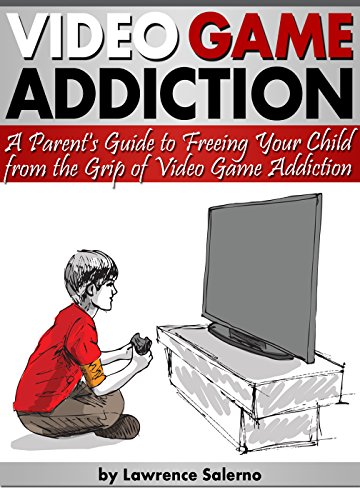 The player often understands that the reason for everything is addiction, however, all attempts to control themselves do not bring a positive result. A depressed psychological state often leads to the abuse of alcohol or drugs , which further exacerbates the disease. In such a state, people can break the law, sell existing real estate, valuables, take loans. The only solution a person sees is the opportunity to play further in order to win at once to solve their material and social problems.
The player often understands that the reason for everything is addiction, however, all attempts to control themselves do not bring a positive result. A depressed psychological state often leads to the abuse of alcohol or drugs , which further exacerbates the disease. In such a state, people can break the law, sell existing real estate, valuables, take loans. The only solution a person sees is the opportunity to play further in order to win at once to solve their material and social problems.
The stage of hopelessness ,
in which the patient is aware of his dependence and understands that there is practically no chance of hitting the jackpot, nevertheless he continues to play. At the same time, they are ruled by desire experience the usual emotions during the game, which is a manifestation of psychological dependence.
How long does the pathology develop?
The development of gambling addiction occurs gradually and sometimes can last 3 years.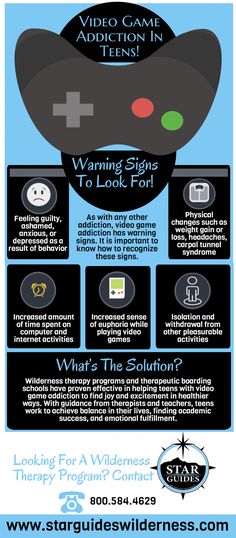 At each stage, certain mental disorders develop. At first, the player is no different from healthy people, then he becomes too impulsive, he develops a tendency to obsessions. This leads to a permanent mental disorder. The lack of self-control and a change in self-criticism provokes the disintegration of the personality. The loss of moral values leads to a state of anger, oppression of positive emotional states, the player becomes indifferent to the suffering of people and all sorts of social problems.
At each stage, certain mental disorders develop. At first, the player is no different from healthy people, then he becomes too impulsive, he develops a tendency to obsessions. This leads to a permanent mental disorder. The lack of self-control and a change in self-criticism provokes the disintegration of the personality. The loss of moral values leads to a state of anger, oppression of positive emotional states, the player becomes indifferent to the suffering of people and all sorts of social problems.
Mechanism of formation of game dependence
The pathophysiological mechanism of formation of game dependence on computer games is based on stimulation of certain pleasure centers in the brain . This pathological condition can manifest itself as a feeling of euphoria while visiting the virtual world. Patients with computer addiction cannot plan their time at the computer. To stimulate intellectual activity, they begin to consume large amounts of caffeinated drinks and other psychostimulants.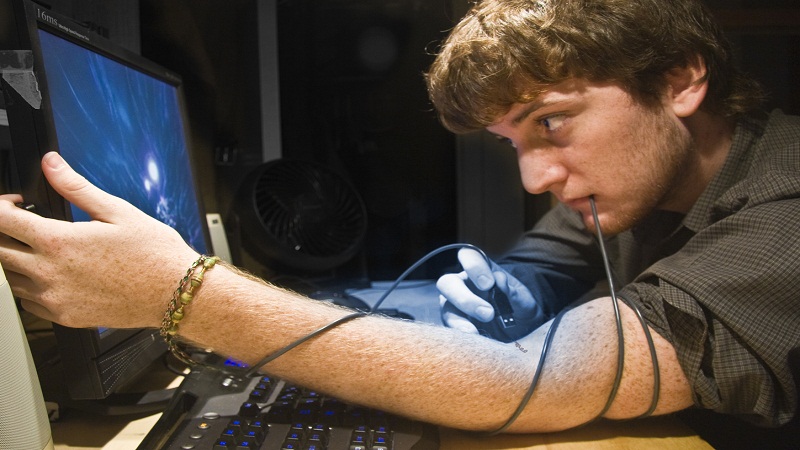
The mode and quality of food is changing - beer and fast food are becoming the main products for gamers. A person begins to poorly follow the rules of personal hygiene: he stops combing his hair, brushing his teeth, taking a shower - he becomes indifferent to how he looks and eats . He tends to lead a sedentary lifestyle and sleep poorly. If a computer or smartphone suddenly breaks down, or if the player runs out of money for the game, he is in a depressed mood, can be aggressive with people around him, starts looking for a solution to the problem and, as a rule, does not think about his personal life, work or study . As gambling addiction progresses, the patient cannot give up computer games, although he begins to understand their futility. He regularly escapes reality and plunges into an illusory world, takes on the role of a character and lives his life.
Gambling addiction leads to overload of the nervous system , excitatory impulses enter the human brain and after a certain time a decrease in mood, well-being is observed, anxiety increases, adaptation in society is disrupted.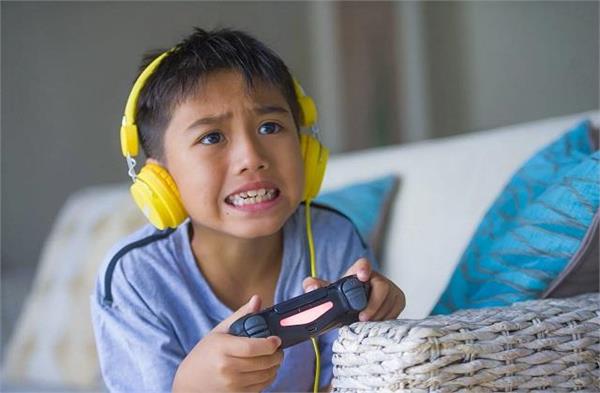 Dissatisfaction with oneself is often formed, the meaning of life is lost, symptoms of major depression . Such people, as a rule, are closed, taciturn.
Dissatisfaction with oneself is often formed, the meaning of life is lost, symptoms of major depression . Such people, as a rule, are closed, taciturn.
Game addiction in adolescents and children
This age category in most cases is addicted to computer games, which is severe . Children become aggressive and angry if they are asked to leave the computer even for a minute. Signs of this addiction in children are that they begin to skip classes at school, lie to teachers and parents . Games cause violence in teenagers, since their main plot is murder, followed by rewards in the form of points and bonuses.
The immature child's psyche is overloaded with the effects of the game, and in the child's mind virtual reality is no different from natural life. Addiction negatively affects health and learning, all thoughts of the child are directed towards the anticipation of the game . Teenagers often refuse friends, abandon their studies, become aggressive. Psychologists say that this mania can lead a child to limited mental abilities and disintegration of personality.
Teenagers often refuse friends, abandon their studies, become aggressive. Psychologists say that this mania can lead a child to limited mental abilities and disintegration of personality.
Treatment of gambling addiction
Addiction cannot be considered as an independent disease, since it is the result of serious mental problems. It is important to determine the root cause of this phenomenon and deal specifically with it. For the treatment of gambling addiction, psychotherapy, medications, and hypnosis are used. It is very important to apply comprehensive measures. With gambling addiction, autogenic training, psychosynthesis, family and behavioral psychotherapy are also used.
Psychotherapy should be aimed at correcting family relationships, eliminating psychological attitudes (isolation), problems, and treating fears. The method of gestalt therapy is successfully applied, which helps to “close the gestalt”, i.e. solve the problem.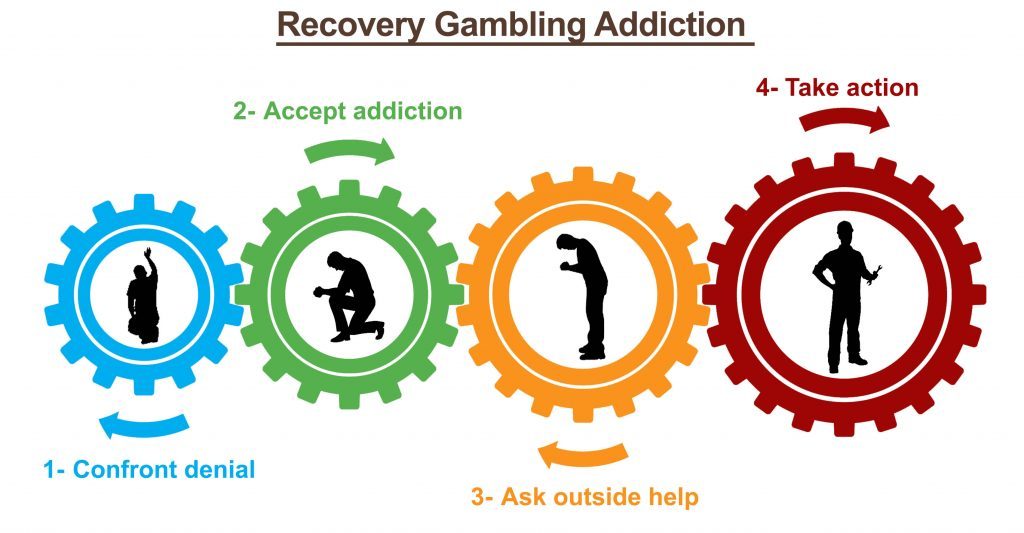
Symptomatic drug therapy computer game addiction is aimed at treating depression, insomnia, increased anxiety and irritability. In this case, herbal preparations of a sedative effect are often prescribed, but most often, specialists prescribe antipsychotics and tranquilizers. To stabilize sleep, hypnotics and antidepressants are used, which relieve psycho-emotional overexcitation and normalize mood.
Treatment of gambling addiction should be comprehensive
Preventive methods
Prevention of this disease is also extremely important, especially in cases where gambling addiction occurs in adolescence and childhood. At the same time, parents are advised to have conversations with the child more often, take care of his employment, interest him in some kind of sport or creativity . It is necessary to constantly encourage the child for success, praise him, support his self-esteem . Prevention of gambling addiction should be carried out on a regular basis.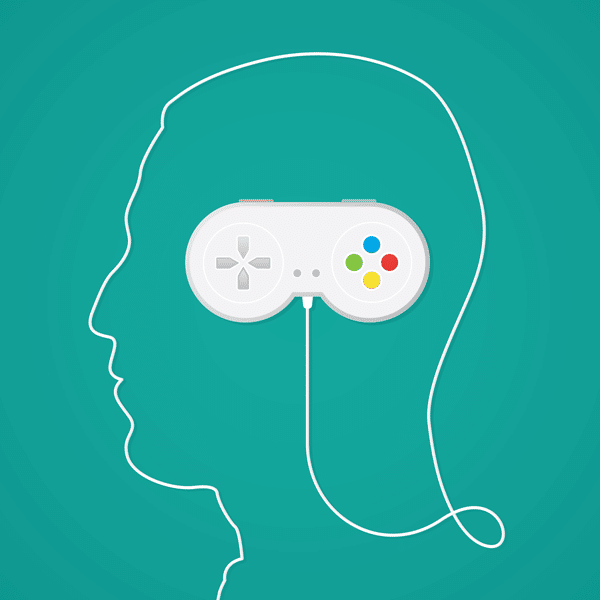
Based on materials from the sites psychologytoday.ru, syl.ru, hifi-expert.ru
Treatment of computer (gaming) addiction in St. Petersburg
- Home
- Psychotherapy
- Treatment of gambling addiction
- Computer Addiction Treatment
Modern game worlds involve visiting them regularly, communicating with other players and buying virtual currency for real money. In fact, getting into the world of any game, a person begins to live a second life. His personality is being transformed, a second "I" is being formed, priorities are changing.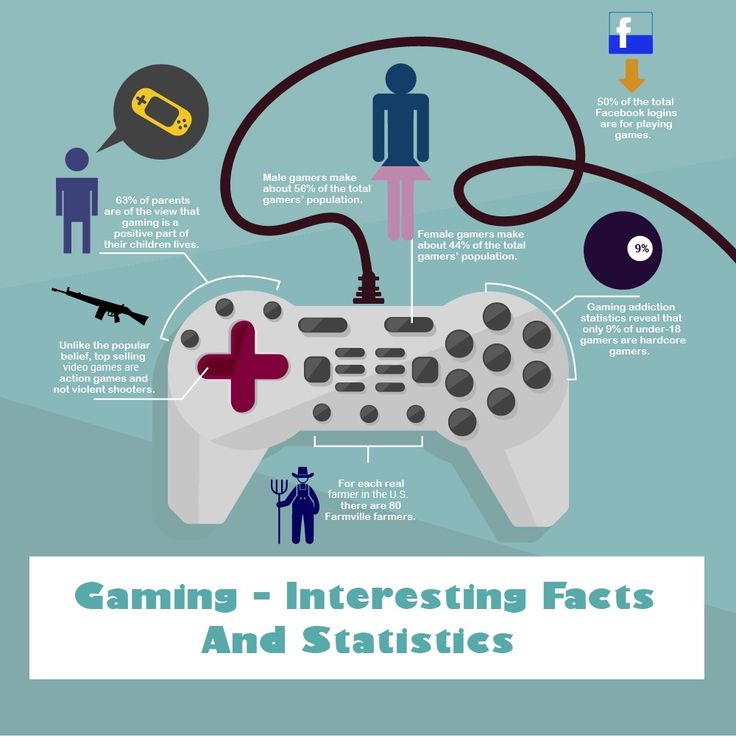
The American Manual of Mental Disorders refers to computer addiction as “a disorder associated with Internet use, Internet addiction, or computer game addiction” (introduced in DSM-5 in 2013; in ICD-11 in 2018; since 2016 this the problem is under WHO control).
Over time, virtual life comes to the fore. Adolescents lose interest in learning and communicating with peers, adults cease to be interested in the family. Ultimately, the gambler develops a psychopathological process, which inevitably becomes the cause of the development of borderline and severe mental disorders.
In our clinic, computer addiction is treated on an outpatient basis, and in the presence of borderline and severe mental disorders in a hospital. As a rule, individual and / or family work with a psychotherapist is sufficient for the treatment of gambling addiction. If desired, the patient can simultaneously start working in open-type groups led by experienced psychotherapists.
Test: "Diagnosis of computer addiction Yurieva and Bolbot"
Read the questions carefully and choose the answer that best suits your condition.
Doctor's consultation on the treatment of computer addiction:
+7 (812) 407-18-00
Thank you for your trust!
- Motivation of addicts to treatment
- Help of psychotherapists and psychologists
- Psychosocial personality correction
